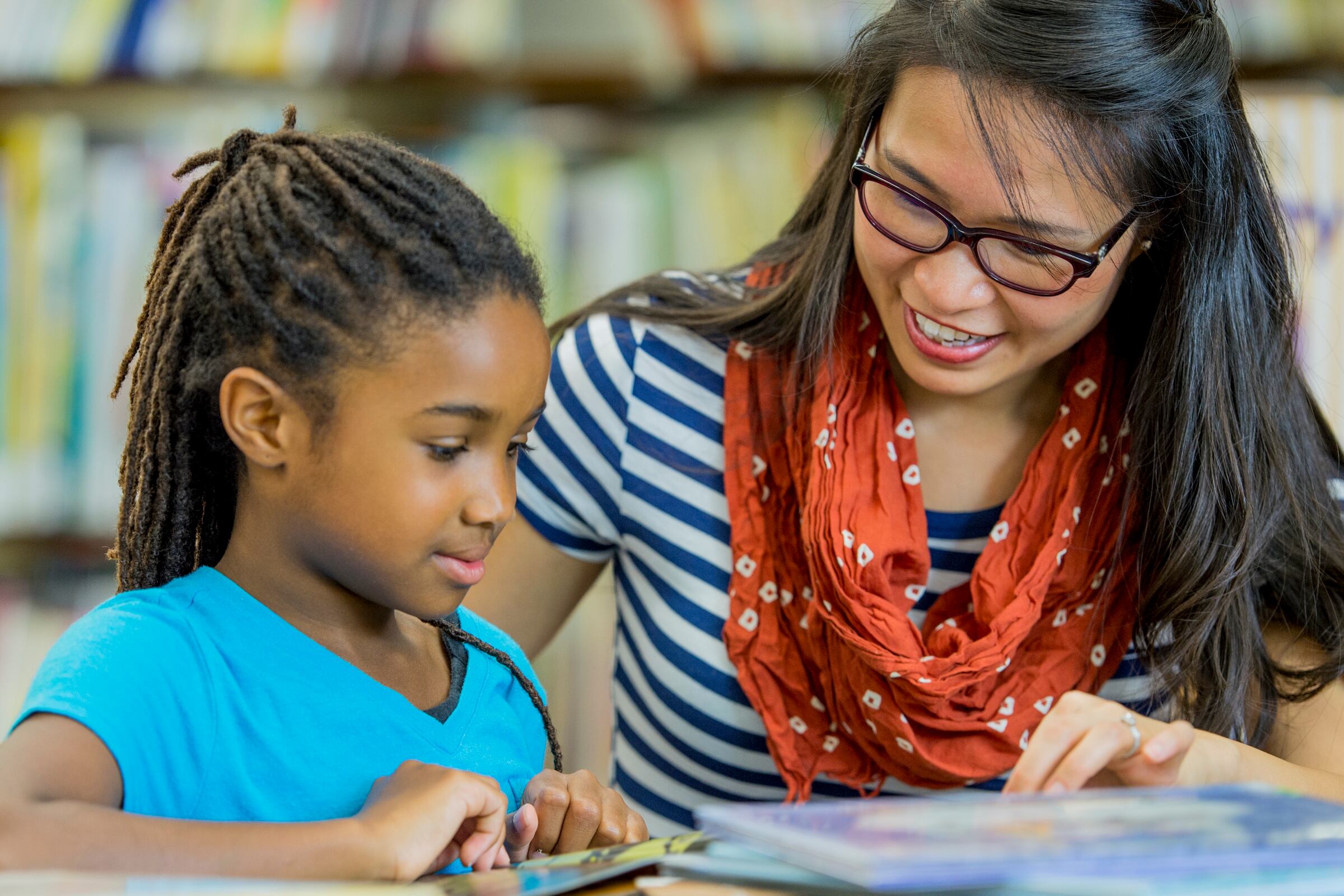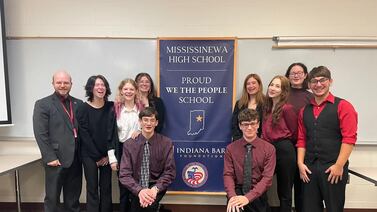The first Indiana school districts head back to school this week amid a spate of new laws and policies that will affect what happens in the classroom.
Recovering from the pandemic’s effects on student performance remains a top priority for schools, as state testing scores indicate that learning has stagnated. But new laws will also expand schools’ focus beyond postsecondary education, and more toward career exploration.
For younger students, Indiana is prioritizing reading instruction through new laws requiring curriculum and teacher training based on the science of reading, an approach to literacy that emphasizes phonics, fluency, and other principles.. Meanwhile, for middle and high schoolers, preparation for postsecondary life is the priority, with new funds earmarked for workforce training.
Public schools are also grappling with the potential impacts of an expanded voucher program, as well as laws aimed at students’ identities and school library books.
Here are five things to watch for as the school year begins.
New standards and approaches to reading
Fresh off the latest statewide testing results showing a decline in students’ reading proficiency, Indiana is continuing a push to make sure schools teach reading through evidence-based practices known as the science of reading. Several new laws and policies will shape how students learn to read this year.
Districts will be evaluating their reading curriculum materials this year to ensure they’re in line with the science of reading practices. They must adopt an approved curriculum by the 2024-25 school year.
Literacy coaches will be coming to schools where fewer than 70% of students passed the state reading assessment, as well as schools that opt in to the Indiana Department of Education’s initiative to place more of these coaches in schools.
Meanwhile, new standards in four core subjects adopted in June will also streamline what students must learn in each grade level. Officials hope this move will allow teachers to focus on the most essential skills in their lessons.
A push toward college and career
While literacy is the emphasis for younger students, middle and high schoolers will see several new initiatives aimed at preparing them for postsecondary training.
All high school seniors will have to fill out the Free Application for Federal Student Aid next spring due to a new law meant to increase Indiana’s college-going rate.
High schoolers will also have access to the state’s new career scholarship accounts, which provide grants for workforce training that they can use outside of traditional high school programs. As part of that new law, students will also attend career fairs throughout the year.
Eligible middle school students, meanwhile, will be automatically enrolled in the 21st Century Scholars program, which covers tuition and fees at an in-state college or university.
A near-universal choice program
Indiana opened its private school voucher program to nearly all students during this year’s legislative session, offering public funding for students to attend private schools and potentially leading to major changes in the state’s enrollment landscape.
It’s not immediately clear how many more students will participate in the program, or whether new participants will primarily be students who are already enrolled in private schools. But declines in enrollment at public schools could create instability in district budgets and affect the students who remain.
The approaching end of ESSER spending
Districts are facing final deadlines to commit the second and third rounds of federal COVID funding — known as Elementary and Secondary School Emergency Relief, or ESSER — in September 2023 and September 2024, respectively.
With Indiana no longer allowed to charge families for textbooks and devices, some districts could use federal funds to provide these course materials. Conversely, districts that relied on federal funding for long-term costs like staffing may face a crunch as they figure out how to fold those positions into their budgets.
The state education department’s spending tracker shows that the state has reimbursed schools for around 84% of ESSER II dollars and 46% of ESSER III dollars as of July 17, though these figures don’t represent schools’ expenditures in real time.
The effects of laws aimed at students’ identity
The Indiana legislature this year passed several laws that seek to control how sex and gender are discussed and dealt with in schools.
Among them is a requirement for schools to notify parents if their children request to change their names or pronouns, passed over LGBTQ advocates’ concerns that it could put youth at risk at home. The law also bans sex education lessons in preschool to third grade.
Districts will also grapple with a law that requires them to publish their library catalogs and create procedures for parents and others to request the removal of books. Supporters of the law said it was meant to keep obscene material out of kids’ hands, while librarians said such material isn’t in their libraries to begin with.
If you are having trouble viewing this form, go here.
Aleksandra Appleton covers Indiana education policy and writes about K-12 schools across the state. Contact her at aappleton@chalkbeat.org.








